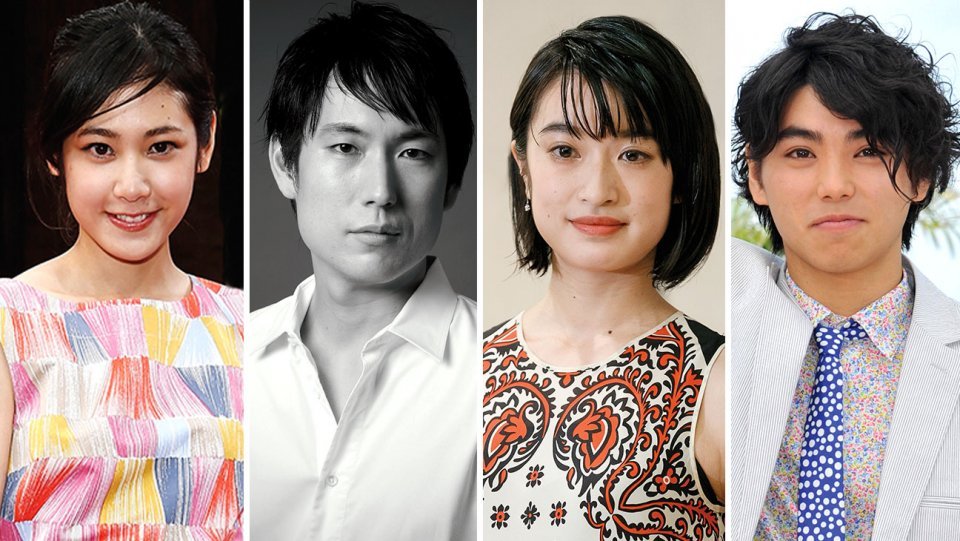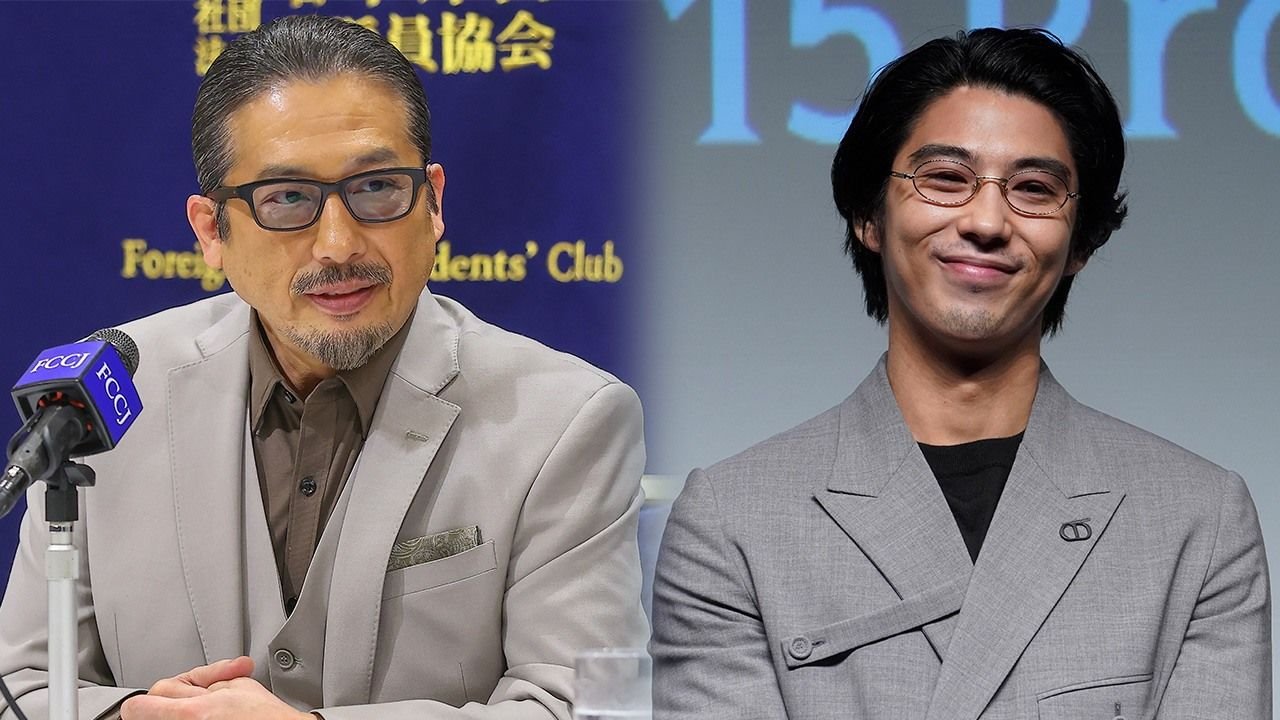Japanese Actors in International Films: Breaking Boundaries
In recent decades, Japanese actors have increasingly stepped into the international spotlight, playing significant roles in global cinema. Their performances have not only enriched the films they’ve starred in but have also facilitated a cultural exchange that bridges the gap between Eastern and Western storytelling. This post delves into the journey of Japanese actors in international films, highlighting their contributions, challenges, and the impact they’ve had on the global film industry.
1. Pioneering Japanese Actors in Hollywood
The presence of Japanese actors in international films dates back several decades, with early trailblazers paving the way for future generations. Sessue Hayakawa was one of the first Japanese actors to make a significant impact in Hollywood. During the silent film era, Hayakawa became a major star with his role in The Cheat (1915), which earned him acclaim and established him as one of the first Asian actors to gain fame in the West.
Sessue Hayakawa’s Legacy:
Hayakawa’s success was groundbreaking, as he navigated a time when roles for Asian actors in Hollywood were scarce and often stereotypical. His ability to bring depth and dignity to his characters challenged prevailing racial prejudices and opened doors for other Japanese actors in international cinema.
2. Ken Watanabe: A Modern Bridge Between East and West

Ken Watanabe is arguably one of the most well-known Japanese actors in Hollywood today. His breakout role in The Last Samurai (2003) brought him international recognition and an Academy Award nomination. Watanabe’s portrayal of Katsumoto, a samurai leader, was praised for its emotional depth and complexity, earning him a place among Hollywood’s elite.
Expanding Roles:
Watanabe’s success continued with roles in major Hollywood productions such as Batman Begins (2005), Inception (2010), and Godzilla (2014). His ability to navigate both Japanese and Western film industries has made him a cultural ambassador of sorts, fostering a greater appreciation of Japanese talent in Hollywood.
Impact:
Ken Watanabe’s career exemplifies how Japanese actors can break boundaries and succeed in international cinema without losing their cultural identity. His work has inspired a new generation of Japanese actors to pursue careers in global cinema.
3. Rinko Kikuchi: Shining in Diverse Roles
Rinko Kikuchi made history as the first Japanese actress to be nominated for an Academy Award in 50 years, thanks to her role in Babel (2006). Her portrayal of a deaf teenager grappling with loss and isolation was both poignant and powerful, showcasing her talent to a global audience.
Versatility in Roles:
Kikuchi’s international career has seen her take on a variety of roles, from a mysterious pilot in Pacific Rim (2013) to a determined mother in Westworld (2018). Her ability to seamlessly transition between different genres and cultures highlights the versatility of Japanese actors in the global market.
Impact:
Rinko Kikuchi’s success has paved the way for more Japanese actresses to explore opportunities in Hollywood, proving that language and cultural barriers can be overcome with talent and perseverance.
4. Hiroyuki Sanada: The Consummate Character Actor
Hiroyuki Sanada has earned a reputation as one of Japan’s most skilled character actors, with a career that spans both Japanese cinema and international films. Sanada’s work in Hollywood includes roles in The Last Samurai (2003), The Wolverine (2013), and Avengers: Endgame (2019). His performances are known for their intensity and authenticity, often bringing a level of gravitas to the films he’s involved in.
Bridging Cultures:
Sanada’s ability to embody characters that resonate with audiences worldwide has made him a sought-after actor in Hollywood. His work demonstrates the power of cross-cultural storytelling, as he often brings elements of Japanese philosophy and tradition to his roles.
Impact:
Hiroyuki Sanada’s career underscores the importance of cultural representation in global cinema. His performances have introduced aspects of Japanese culture to international audiences, enriching the films he’s a part of and promoting greater understanding between East and West.
5. Emerging Talent: Japanese Actors on the Rise
The success of established actors like Watanabe, Kikuchi, and Sanada has opened doors for a new wave of Japanese talent in international films. Actors such as Kento Yamazaki and Tao Tsuchiya are beginning to make their mark in the global film industry, appearing in projects that are gaining attention beyond Japan’s borders.
Expanding Horizons:
As the demand for diverse voices in cinema grows, Japanese actors are finding more opportunities to showcase their talent on the world stage. This trend is not only beneficial for the actors themselves but also for global audiences, who are increasingly exposed to the richness of Japanese culture through cinema.
Impact:
The rise of new Japanese actors in international films signals a shift towards greater inclusivity in the global film industry. These emerging stars are breaking boundaries and challenging the traditional norms of casting in Hollywood and beyond.
Conclusion
Japanese actors have made significant strides in international films, breaking boundaries and redefining global cinema. From pioneers like Sessue Hayakawa to modern icons like Ken Watanabe and Rinko Kikuchi, these actors have brought unique perspectives and deep emotional depth to their roles, enriching the films they’ve starred in and fostering cross-cultural understanding.
As more Japanese actors continue to make their mark in international cinema, their contributions will undoubtedly lead to a more diverse and inclusive global film industry. Their success not only highlights their talent but also reflects the growing appreciation for the rich cultural heritage that Japanese cinema brings to the world stage.


